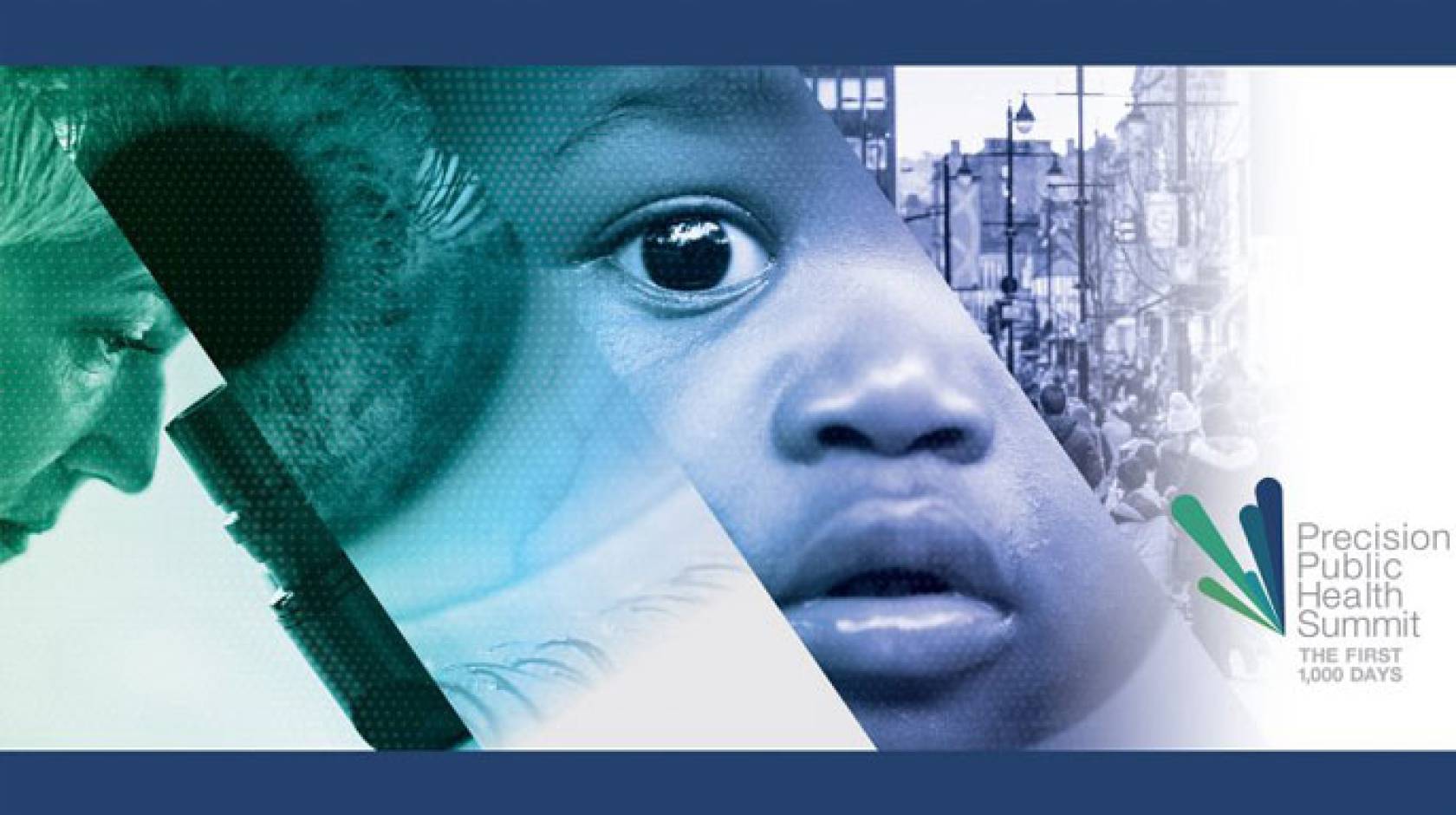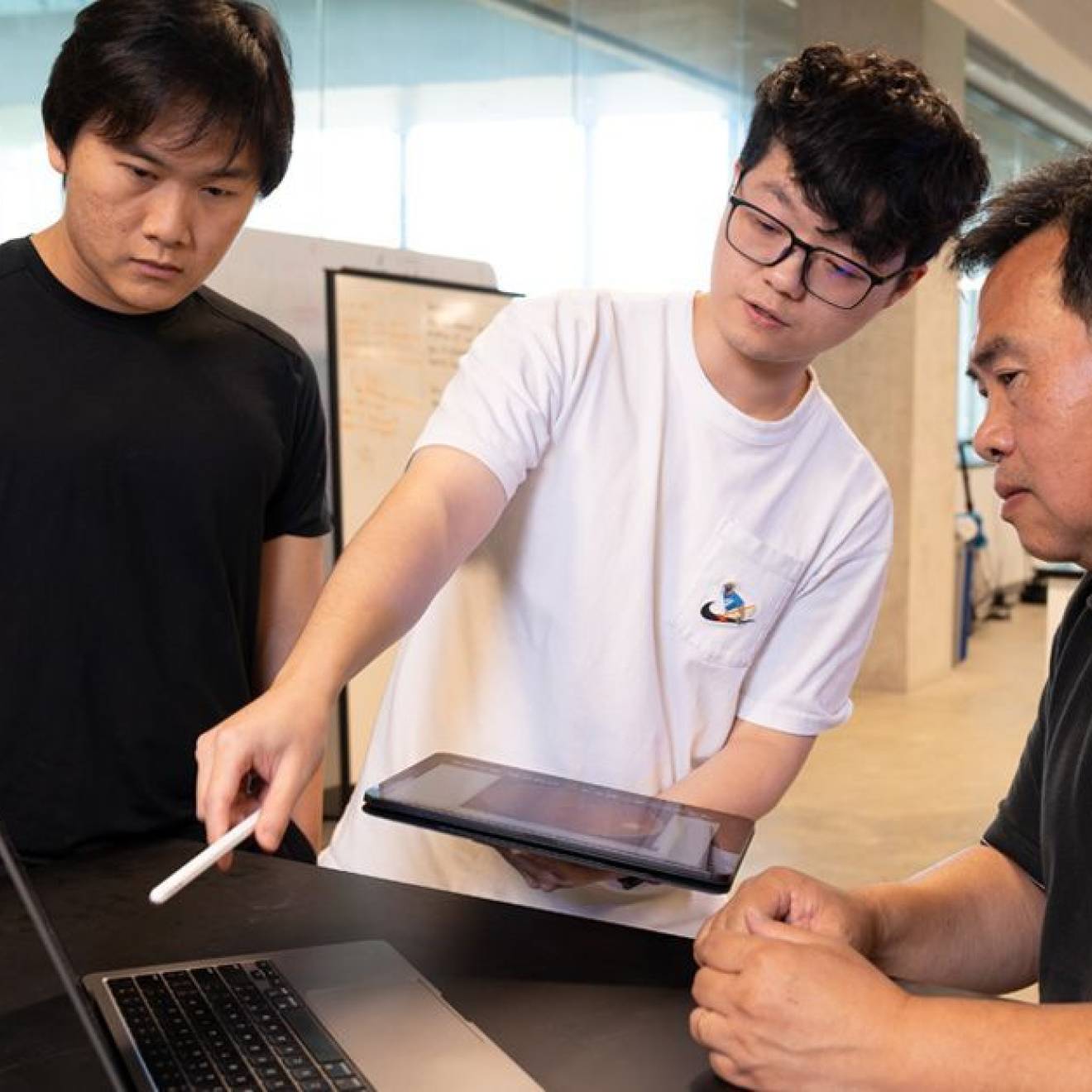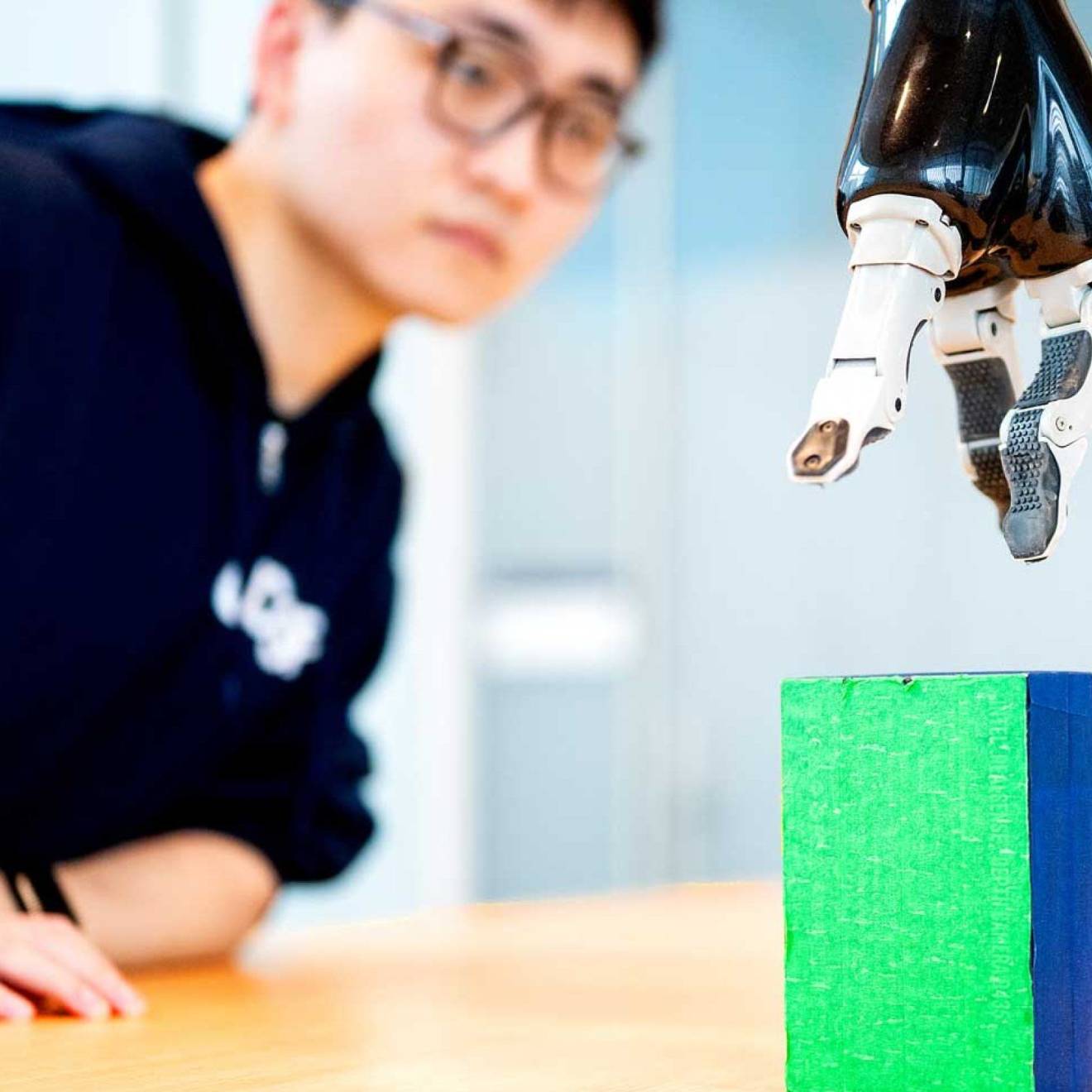Lisa Cisneros, UC San Francisco

The White House Office of Science and Technology Policy and the Bill & Melinda Gates Foundation are convening a precision public health summit at UC San Francisco to explore how precision approaches can be successfully applied to improve population health and address health disparities.
About 150 of the nation’s foremost thought leaders in academia, child and public health, policy, technology and data science will convene at the two-day summit on June 6 and 7 to generate a thoughtful and actionable discussion among participants to address challenges, build alliances and determine next steps both locally and nationally.
The focus of the “Precision Public Health Summit: The First 1,000 Days” is the early years of a child’s life, a critically important developmental period. Experts from UCSF and around the country will explore how health data can be unlocked and securely shared to build a knowledge network that will allow physicians, scientists and community-based organizations to ensure that all children, no matter their ancestry or neighborhood, have the best opportunity to survive and thrive.
UCSF Chancellor Sam Hawgood, MBBS, who has made advancing precision medicine a top priority in his administration because it is central to the University’s overarching institutional vision, will provide opening remarks at the summit.
Claudia Williams, senior policy advisor, and DJ Patil, chief data scientist from the White House Office of Science and Technology Policy, both will be giving keynote remarks, underscoring the importance of leveraging data and technology to achieve the goals of the Precision Public Health Summit.
Kirsten Bibbins-Domingo, Ph.D., M.D., Lee Goldman, M.D. Endowed Chair in Medicine, professor of medicine and epidemiology and biostatistics at UCSF, is organizing the summit with colleagues in precision medicine, pediatrics, population sciences and public health.
“We are pleased to host this summit in this emerging and important area,” says Bibbins-Domingo, director of the UCSF Center for Vulnerable Populations at Zuckerberg San Francisco General Hospital. “UCSF’s strengths across the basic, clinical, and population sciences, our partnerships that help advance technology and policy in this area, and our longstanding and deep commitment to health equity makes this campus the natural venue to initiate these discussions.”
Precision medicine approach to public health

Credit: UCSF
Precision medicine aims to collect, connect and apply vast amounts of scientific research data and individuals’ health records – from the basic molecular understanding of disease to clinical, environmental, psychosocial and mobile lifestyle data – to understand why people respond differently to treatments and to guide more precise and predictive medicine and health for populations worldwide.
Precision public health goes beyond personalized treatment for individuals, explains Muin Khoury, director of the Office of Public Health Genomics at the U.S. Centers for Disease Control and Prevention, in a blog post.
“The word ‘precision’ in the context of public health can be simply described as improving the ability to prevent disease, promote health and reduce health disparities in populations by: 1) applying emerging methods and technologies for measuring disease, pathogens, exposures, behaviors, and susceptibility in populations; and 2) developing policies and targeted public health programs to improve health. We are currently seeing the initial drive towards precision public health, but much more work lies ahead, especially in collaboration with health care.”
Precision public health gaining traction
The precision public health movement is gaining traction, in part, due to the leadership of Susan Desmond-Hellmann, M.D., MPH, chief executive officer of the Gates Foundation who served as UCSF’s chancellor from 2009 to 2014.
Desmond-Hellmann, who spoke on the topic at her recent TED talk, will deliver a keynote speech at the Precision Public Health Summit. She spearheaded UCSF’s leadership role and defined precision medicine in a 2011 National Academy of Sciences report she co-authored with Charles Sawyer, M.D., chair of the Human Oncology and Pathogenesis Program at Memorial Sloan Kettering Cancer Center.
Since then, UCSF faculty, including Keith Yamamoto, Ph.D., vice chancellor of Science Policy and Technology, and Atul Butte, M.D., Ph.D., director of the UCSF Institute for Computational Health Sciences, have been on the forefront of precision medicine initiatives introduced by President Barack Obama and Gov. Jerry Brown.
For more information about UCSF’s role in advancing precision medicine, visit the UCSF precision medicine website.

